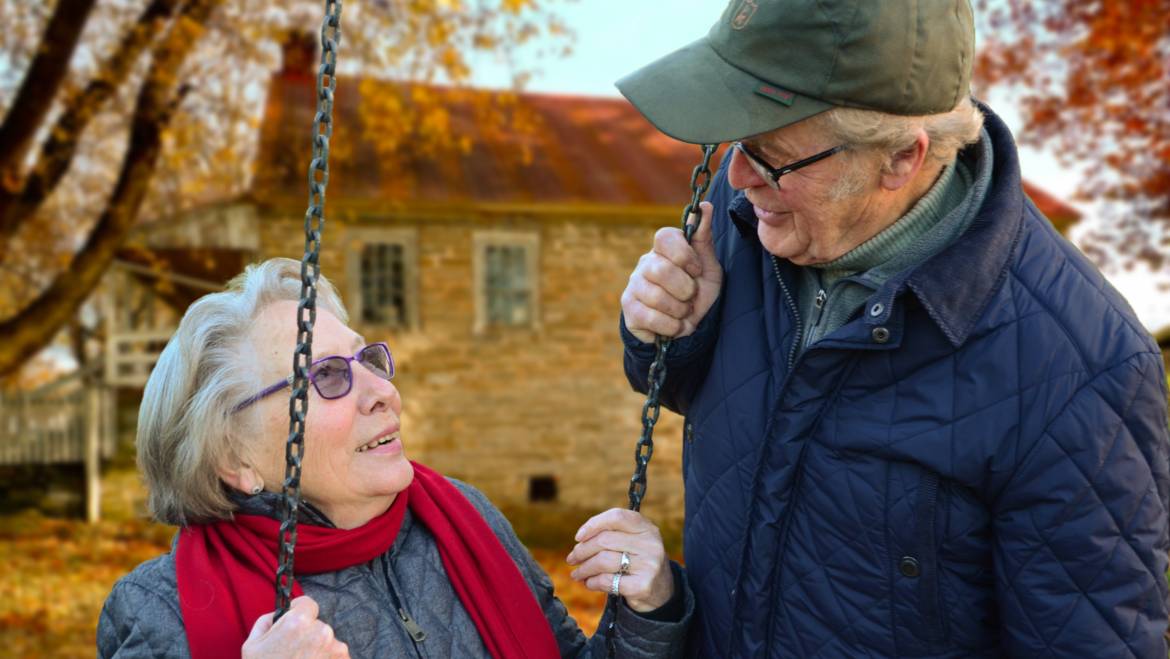It wasn’t quite the fourth Thursday in November, but it was a time of Thanksgiving.
“Tell me about that scar.”
Hank followed my gaze to the 10-inch purplish scar that bisected his mid-abdomen. He traced it with his index finger then looked up at me, smiling.
“This is an interesting story, Doc. In fact, one of your people here is responsible for saving my life.”
Hank was in the clinic for his annual DOT exam and we were just about finished when I noticed the scar.
“Tell me about it.” I pulled up a rolling stool and sat down, then tossed his chart to the table beside him.
“It was two years ago,” he began. “Just came in for a routine exam, like today. My company always gets some lab work when we do the DOT recertification, and a couple of days later I got a call from one of your nurses. She told me my lab work was OK, except that my hemoglobin – did I say that right? – was a little low. She was going to mail me a copy and have me follow up with my family doctor.”
He shifted on the exam table and swung his legs below him.
“Anyway, you know how it goes. I felt great, and it didn’t sound like anything too serious. She told me to follow up, but things just got busy. A couple of weeks went by, and someone from your office called the house. I was at work and they talked with my wife. And when I got home I got an earful.”
He stopped, looked over at me, and shook his head.
Hank cleared his throat and stopped swinging his legs. “Well, the next thing I knew, my wife had made an appointment and I was sitting in my doctor’s waiting room. He checked me over and couldn’t find anything – said I looked great. Heck, I felt great. He just sat there for a couple of minutes, stroking his chin – just like you do – and studied my record. Something was bothering him and he looked up and asked me how old I was. Turns out I had my fiftieth birthday about a month earlier, and when I said that, he closed my chart, stood up, and put his hands on his hips. ‘It’s time for your colonoscopy,’ he told me. Now that’s the last thing I wanted to hear.”
I chuckled, having heard the same thing many times, and feeling the same way myself.
“The next day, there I was, stripped naked and wearing this ridiculous paper gown, wondering why I had agreed to this. But ya know doc, it wasn’t that bad. We got to his office around seven in the morning and a couple of hours later I was home. It was a breeze.”
He stopped again, and once more traced the scar on his belly.
“He found this little area, about the size of a nickel. Said it didn’t look too suspicious, but when he poked it with the scope, it started to bleed. Got the pathology report a few days later, and it was cancer. A couple of days after that, I was in the OR, scared to death. Later, while I was still in the recovery room, the surgeon talked with my wife and said I was fine. He said the cancer hadn’t spread, he had gotten all of it, and he wouldn’t need to see me again for three years.”
“Wow, that’s great Hank. You’re a fortunate man.”
He took a deep breath, sighed, and nodded. “You’re right about that, doc. I’m might lucky, and mighty thankful to a lot of people.”
- Colon cancer is the second most common cause of cancer deaths in the U.S.
- There will be 142,820 new cases of colon cancer in this country.
- 52,390 Americans will die of the disease.
By the time the diagnosis is made, one in five patients will already have metastatic disease, with the cancer spreading to lymph nodes, the liver, lungs, and throughout the abdomen. Once that happens, the chances for survival are significantly reduced.
Thankfully it doesn’t have to happen that way. Just ask Hank. Colonoscopies can and do save lives.
It just might be yours.


Add Comment